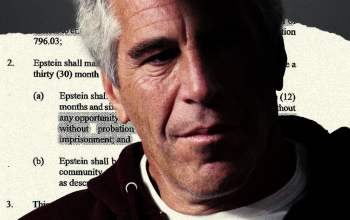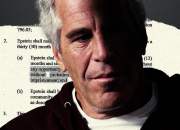President Donald Trump has once again ignited controversy with remarks about political extremism in the United States. Speaking on Fox & Friends shortly after the assassination of conservative activist Charlie Kirk, Trump claimed that left-wing radicals are “the problem”, while implying that right-wing radicals are far less concerning.
Trump’s Remarks on Extremism
When asked how to address divisions across the political spectrum, Trump drew a sharp contrast between radicals on the left and those on the right.
“The radicals on the right oftentimes are radical because they don’t want to see crime. The radicals on the left are the problem. They’re vicious, they’re horrible, and they’re politically savvy,” Trump said.
He further accused the left of pushing agendas that include “men in women’s sports, transgender for everyone, and open borders.”
By framing right-wing radicalism as a reaction to crime and security issues, Trump suggested that such extremism is more understandable—if not justified. Critics argue this amounts to downplaying the threat of far-right violence, even as political violence has become a pressing concern nationwide.
Backlash and Criticism
The comments immediately sparked backlash from political analysts, opponents, and advocacy groups. Many accused Trump of emboldening extremist behavior on the right, while unfairly painting the left as the sole source of political violence.
Democracy Docket, a voting rights watchdog, argued that Trump’s narrative “could not care less about far-right extremism” and warned that it may deepen divisions at a moment when the country is already politically fractured.
Others pointed out the timing of Trump’s remarks. Coming just days after Kirk’s assassination, critics said the president missed an opportunity to unite the country against all forms of political violence. Instead, he singled out the left as the enemy while excusing behavior from the far right.
Political Context
Trump’s statements reflect a broader strategy he has used throughout his political career: casting the left as an existential threat to American values while positioning conservatives as defenders of law, order, and tradition.
Supporters argue that Trump is correct to highlight what they view as radical leftist policies, especially on issues such as gender, immigration, and crime. Detractors, however, say his rhetoric fuels further polarization and undermines efforts to reduce violence from extremist groups on both ends of the spectrum.
The Road Ahead
With the 2026 midterms looming, Trump’s remarks are expected to resonate strongly within his political base, reinforcing his message that the “radical left” poses the greatest danger to America. At the same time, they raise concerns among moderates and independents who see extremism—whether left or right—as equally destabilizing.
As the nation continues to process the aftermath of Charlie Kirk’s killing, Trump’s words underscore the difficult challenge of bridging divides in a polarized America. Whether his strategy will rally supporters or alienate undecided voters remains to be seen.









